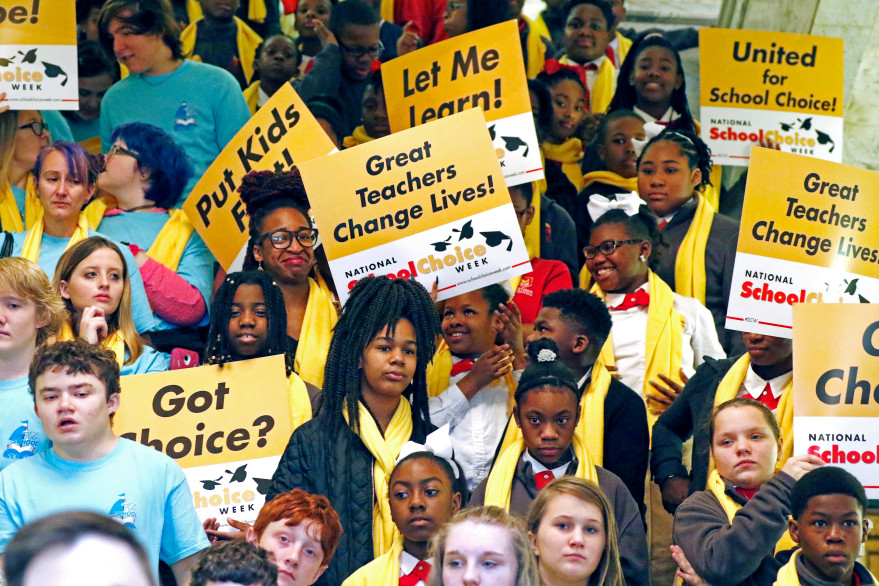In education, crises are more than just disruptions; they reveal flaws in systems that have been festering behind the scenes for decades. The United States is at a crossroads, and the path forward requires not only an acknowledgment of these failures, but a determined effort to correct them. From Maryland to Texas, Seattle to Las Vegas, the interstate effort presents a tapestry of efforts that, while laudable, highlights the complexity and enormity of the challenges at hand. There is.
A legal battle against a Maryland school district reveals a disturbing truth. Accountability, or the lack thereof, in education has a significant impact on the quality of leadership and, by extension, the expected outcomes of educational institutions. The resignation of the state superintendent in the wake of a report on inadequate performance is not just an administrative reshuffle, but a clear call for a fundamental reassessment of how educational success is defined and measured. It's the greatest threat to the United States today, and it comes from within.
In South Carolina, the legal crackdown on explicit content in textbooks is a testament to the power of policy in shaping the educational environment. This clearly shows that what is taught and how it is presented is of great importance in shaping young minds. Similarly, while Florida's legislative responses to chronic absenteeism and youth violence are positive steps, they raise questions about the root causes of these problems. Are we addressing the symptoms rather than the disease?
Alabama's reliance on parent involvement to improve reading speaks to a broader principle: education cannot be fragmented and isolated from communities and families. This is a holistic initiative that thrives on engagement and participation. However, the resignation of an Oklahoma school principal over inappropriate content has raised poignant questions about who decides what is appropriate and by what standards.
Promoting school choice in Texas and banning cell phones in classrooms in Seattle are efforts to reclaim educational space for education. However, while these measures address specific aspects of the educational environment, they highlight the piecemeal approach often taken in reform efforts. Systemic problems such as the bureaucratization of education, lowering standards, and devaluing merit remain largely unresolved.
The activity seen in Salt Lake City and Las Vegas, particularly regarding teacher pay and school safety, highlights an important aspect of this crisis: the human element. Teachers, the linchpin of the education system, increasingly feel caught between bureaucratic mandates and the realities of the classroom. Their demands for better conditions are not simply demands for better wages or safety. It is a cry for respect and recognition for their central role in shaping the future.
These scenes depicting challenges and change across the United States demonstrate the diversity of approaches and depth of engagement among educators, policy makers, and communities, while at the same time highlighting the fragmented nature of education reform efforts. has also been made clear. The crisis in the classroom is not just a matter of policy or practice, but also a matter of philosophy. What is the purpose of education? Is it to form a nation, develop critical thinkers, or prepare workers for the market?
Lessons from these states provide both caution and direction as we navigate these rapids. The need for a multifaceted approach to reform, including legal, policy, administrative and community-led efforts, is clear. However, as we strive for an inclusive, equitable, and high-quality education system, there is an increasing urgency to ground these efforts in a consistent educational philosophy.
The path to education reform is full of challenges, but it is also full of opportunities to make meaningful change. If we use a variety of strategies in our classrooms to address this crisis, the successes in some states will prove what can be achieved with determination, innovation, and collaboration. But as we reflect on these achievements, we must not lose sight of the bigger picture. It is the need for a comprehensive, philosophically-based approach to education that prepares students not only for school exams but also for life's exams.
Armstrong Williams is the manager and sole owner of Howard Stark Holdings I and II Broadcast Television Stations and was named the 2016 Multicultural Media Broadcast Owner of the Year.


